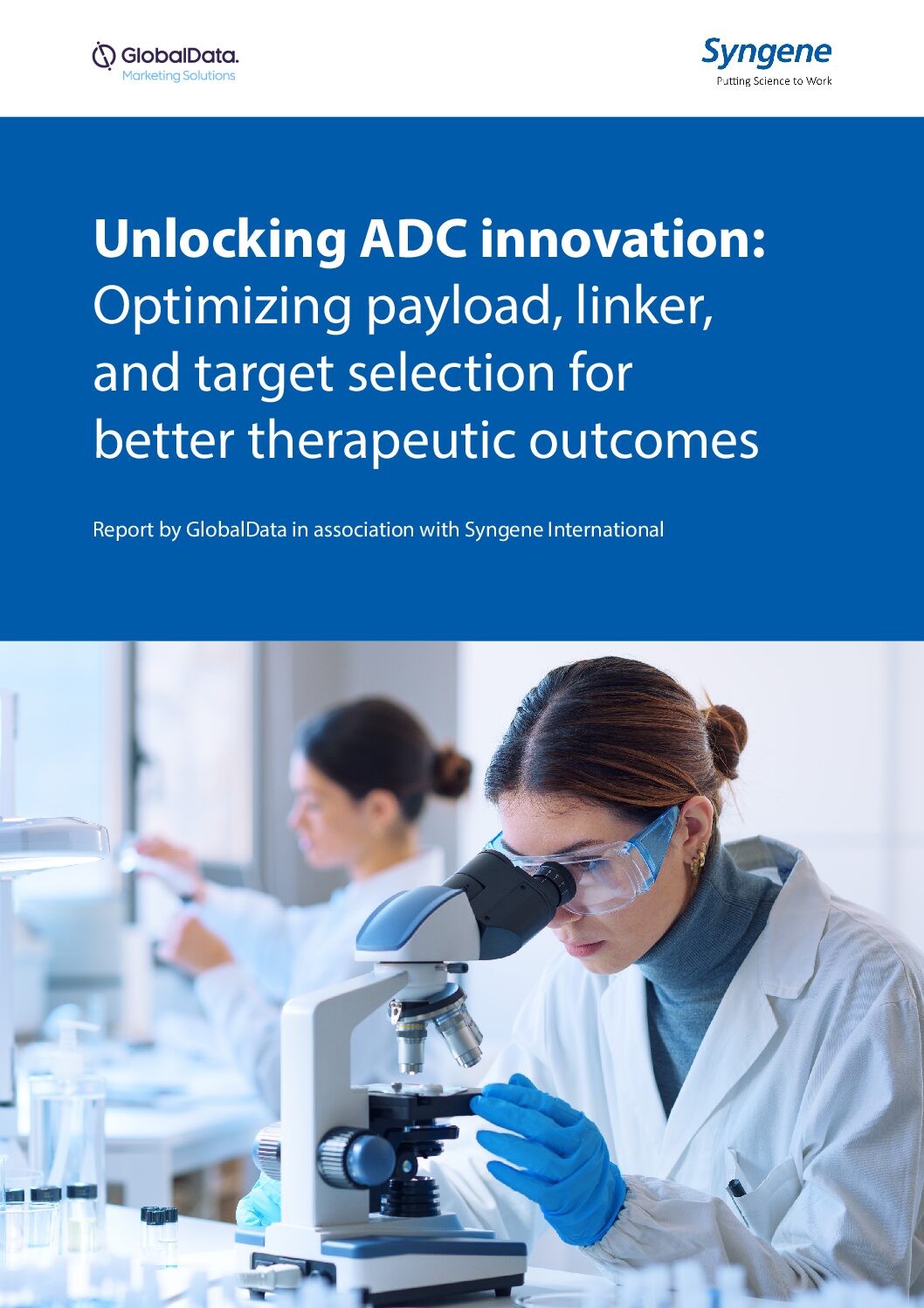

The European Commission (EC) has approved Takeda’s antibody-drug conjugate (ADC) Adcetris (brentuximab vedotin) plus the chemotherapy regimen for adults with newly diagnosed Stage IIb Hodgkin’s lymphoma (HL) with risk factors/III/IV.
The chemotherapy regimen comprises etoposide, cyclophosphamide, doxorubicin, dacarbazine and dexamethasone (ECADD).

US Tariffs are shifting - will you react or anticipate?
Don’t let policy changes catch you off guard. Stay proactive with real-time data and expert analysis.
By GlobalDataThis decision follows the Committee for Medicinal Products for Human Use’s (CHMP) positive opinion in April 2025.
The EC’s approval is based on the Phase III HD21 trial outcomes, which showed that the Adcetris-based regimen, referred to as BrECADD, met its co-primary efficacy and safety endpoints.
BrECADD demonstrated superior safety as evaluated by treatment-related morbidity (TRMB) and non-inferior progression-free survival compared to the escalated doses of standard of care treatment, bleomycin, etoposide, doxorubicin, cyclophosphamide, vincristine, procarbazine and prednisone (eBEACOPP) in Europe.
The HD21 study, conducted by the German Hodgkin Study Group (GHSG), was an open-label, multi-country, randomised trial assessing BrECADD’s efficacy, feasibility, safety and tolerability.
Adcetris, which leverages Pfizer’s technology, has been previously approved in the European Union (EU) for six different indications in adults.
Pfizer, along with Takeda, equally funds the co-development expenses for the ADC, except in Japan, where the latter manages the costs independently.
Adcetris has received US Food and Drug Administration (FDA) approval for eight indications and was initially granted conditional marketing authorisation by the EC in October 2012. The conditions of this authorisation were fulfilled by May 2022.
Takeda global oncology business unit president Teresa Bitetti stated: “Today’s approval represents a significant advancement for patients with Hodgkin lymphoma in the EU.
“This approval reinforces the role of Adcetris as a backbone in the treatment of specific lymphomas, offering healthcare professionals greater flexibility to tailor treatment plans according to individual patient needs. We’re proud to contribute another impactful option for those diagnosed with this challenging disease.”
ADC content on Pharmaceutical Technology (Or Clinical Trials Arena) is supported by Syngene. Editorial content is independently produced and follows the highest standards of journalistic integrity. Topic sponsors are not involved in the creation of editorial content.






